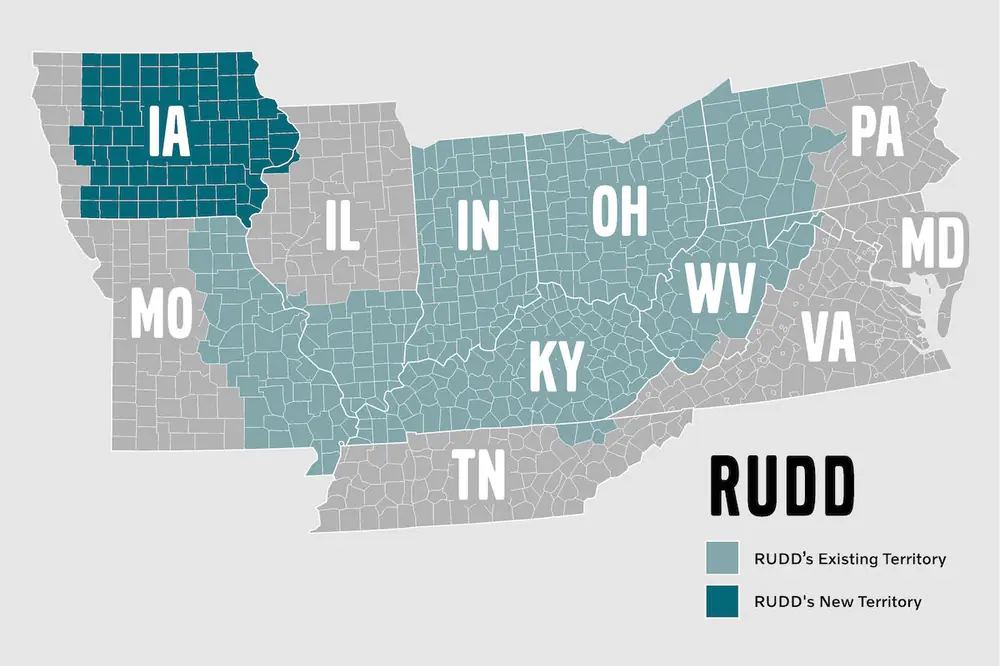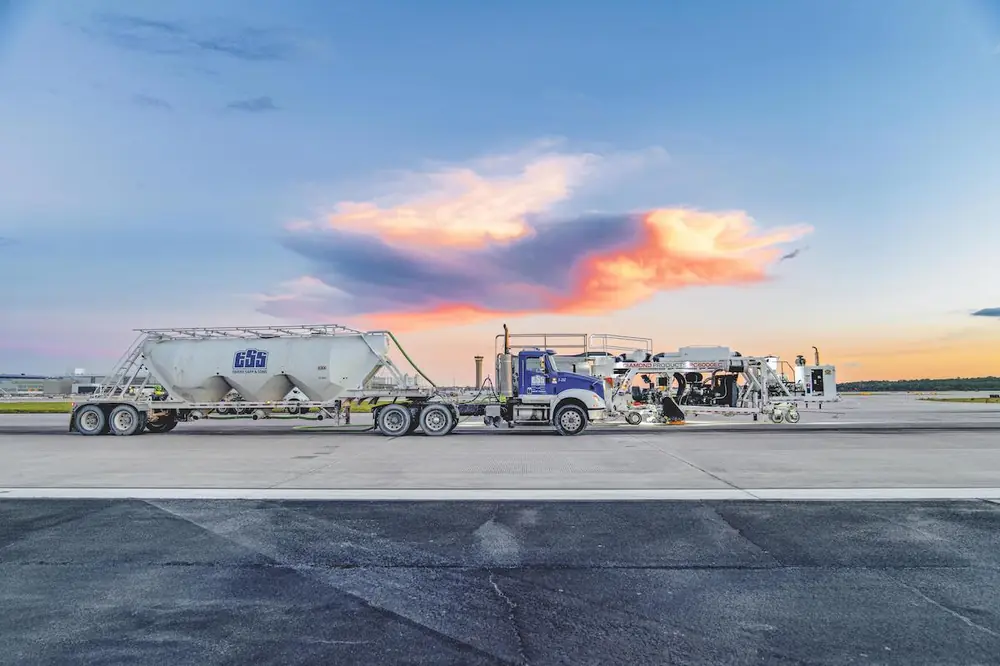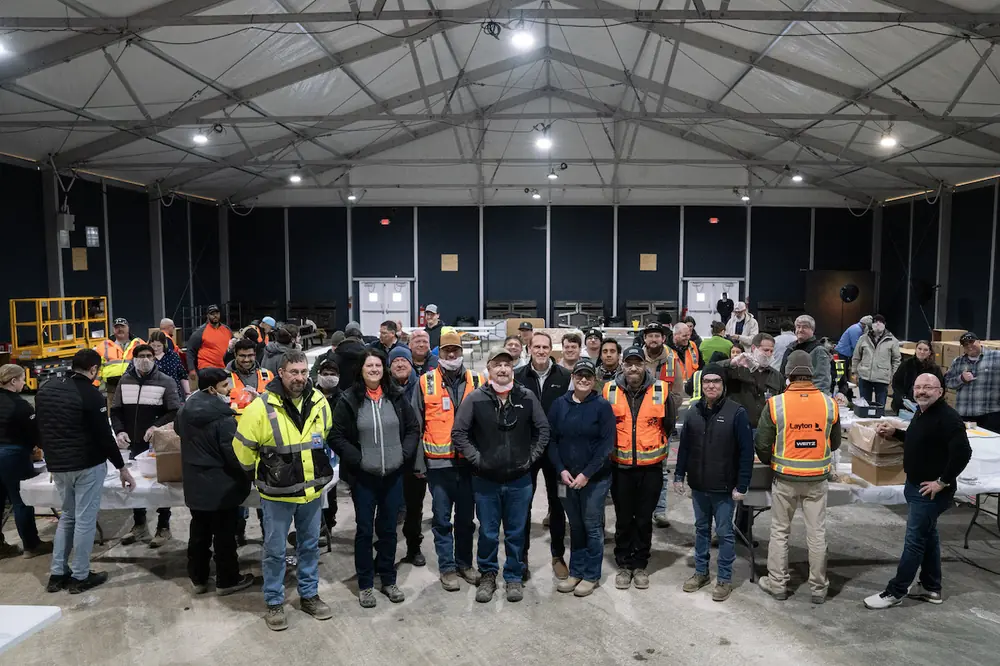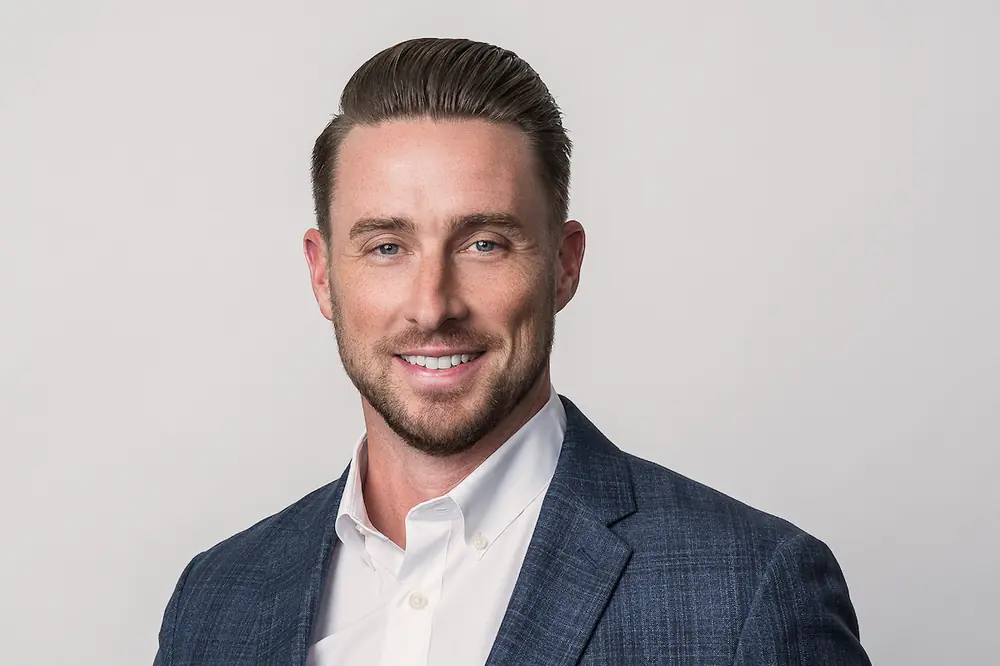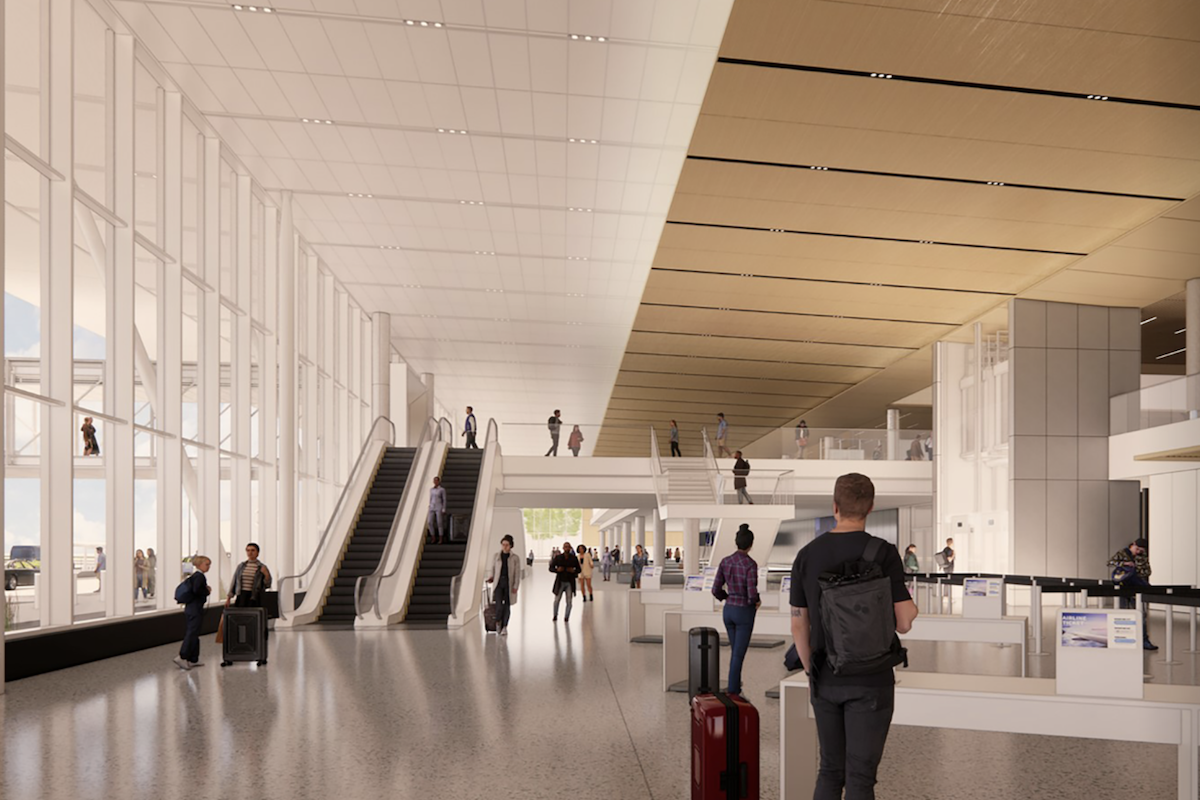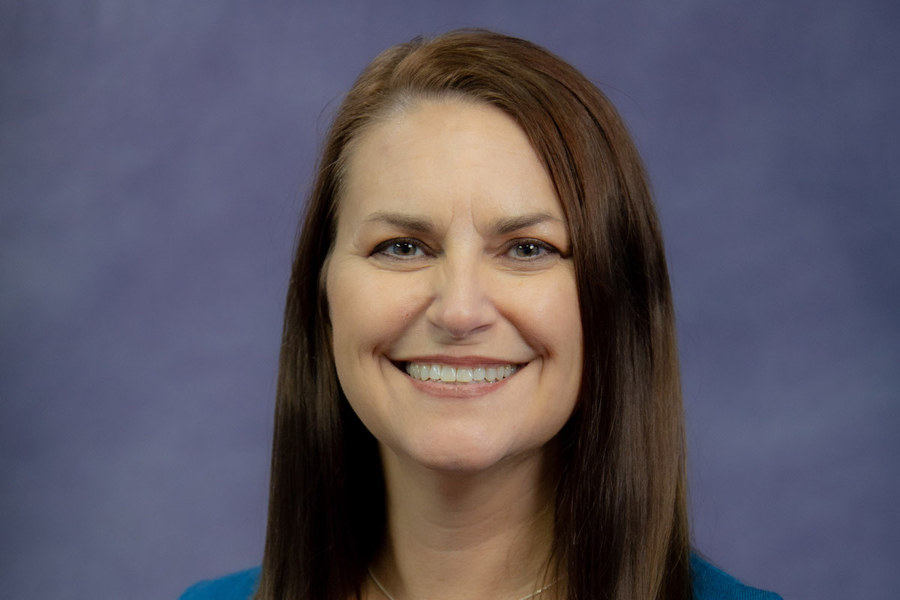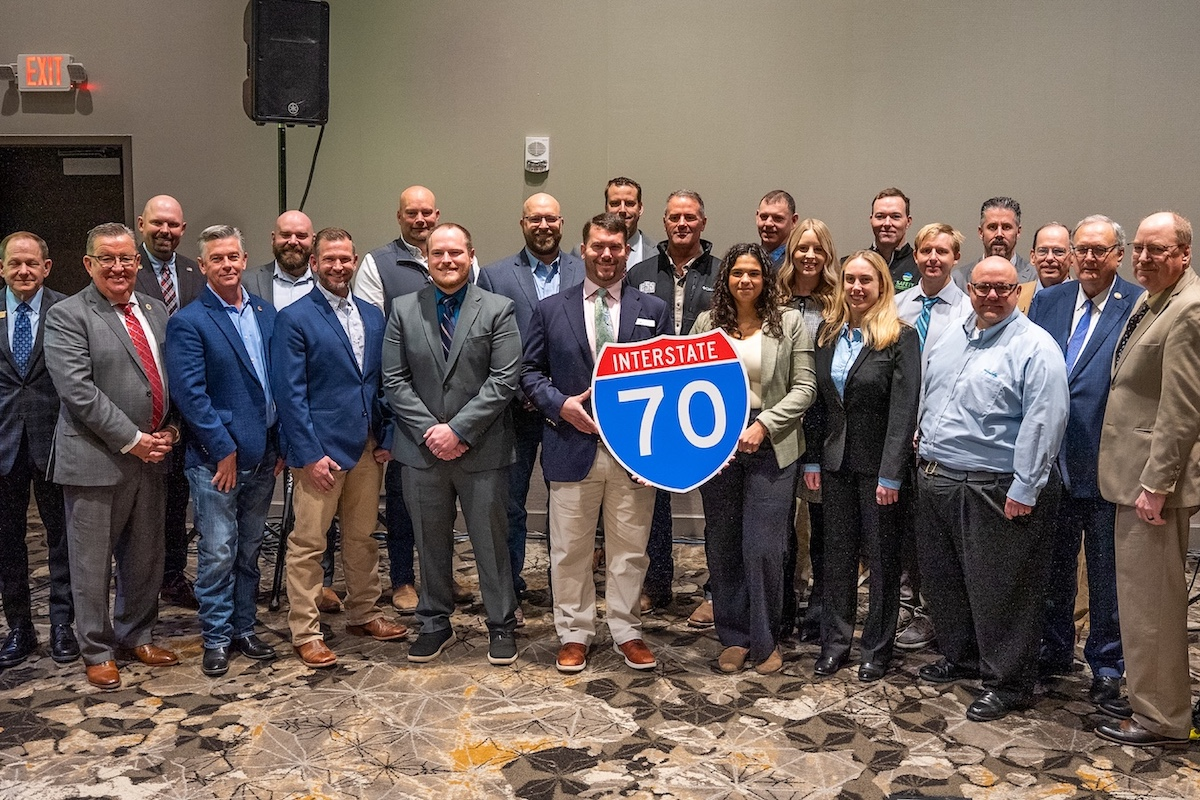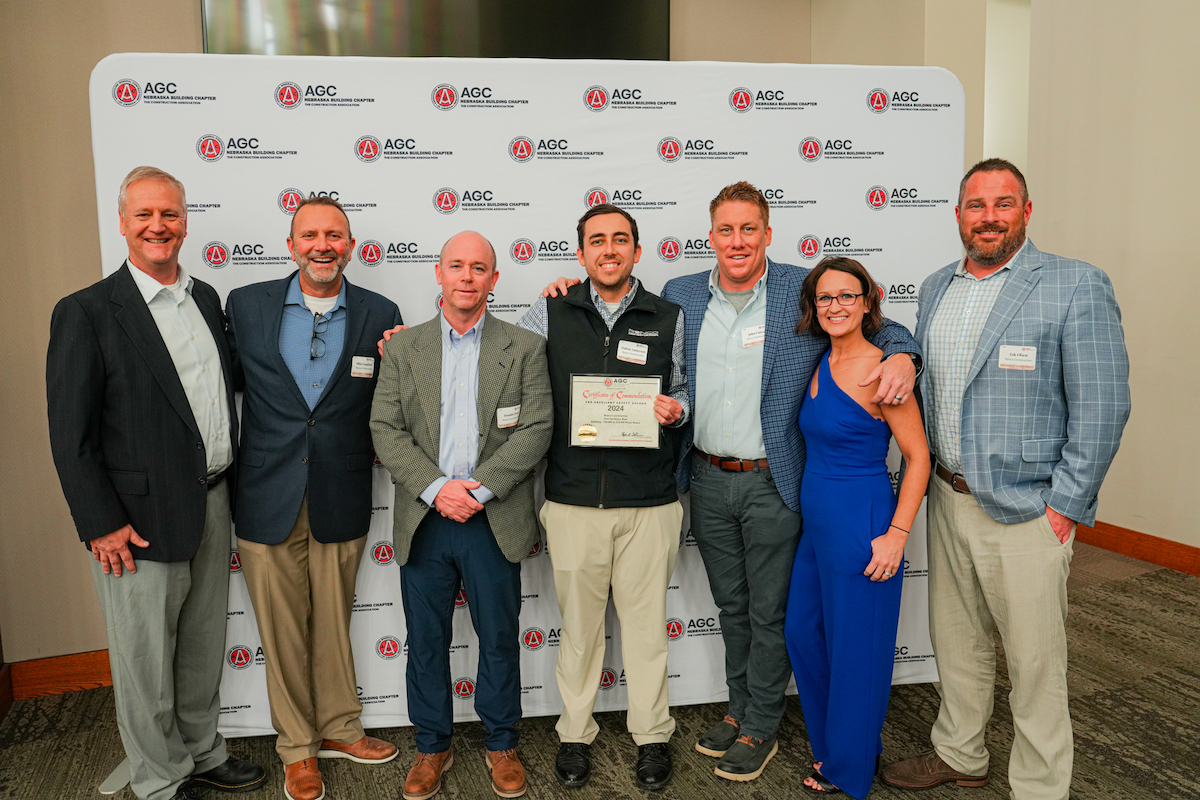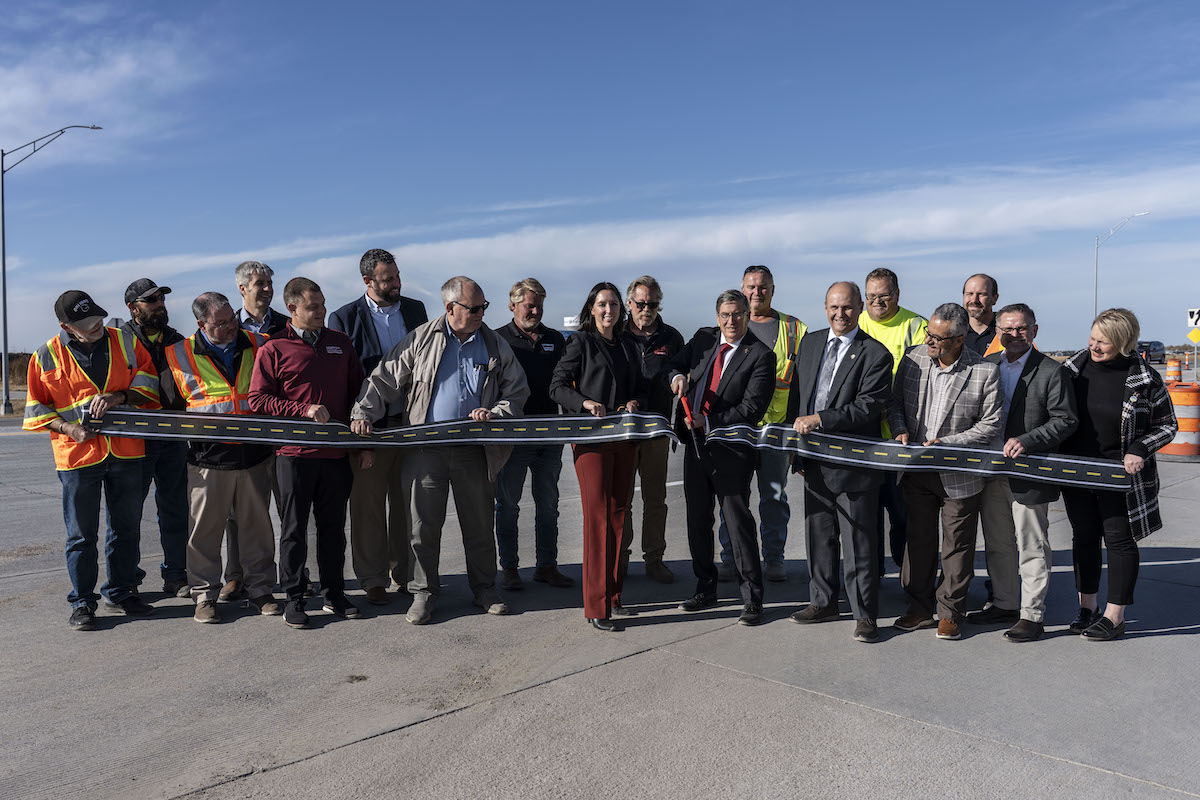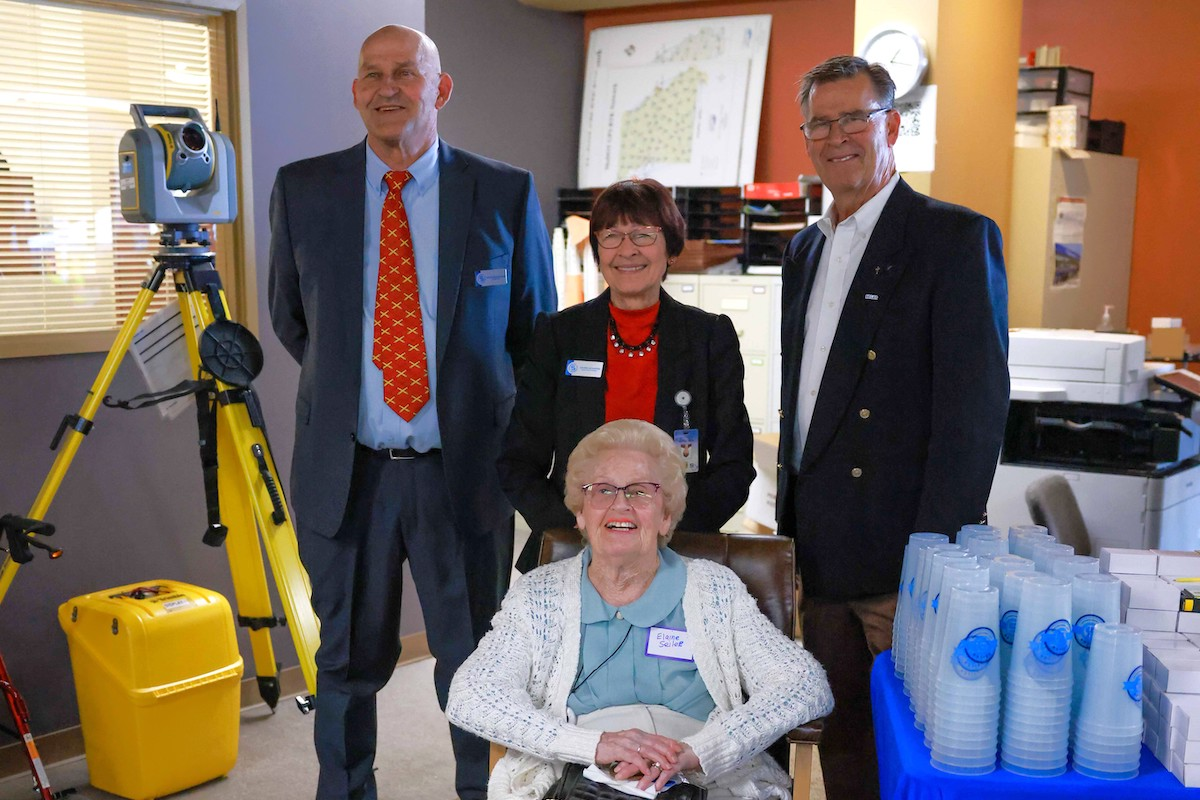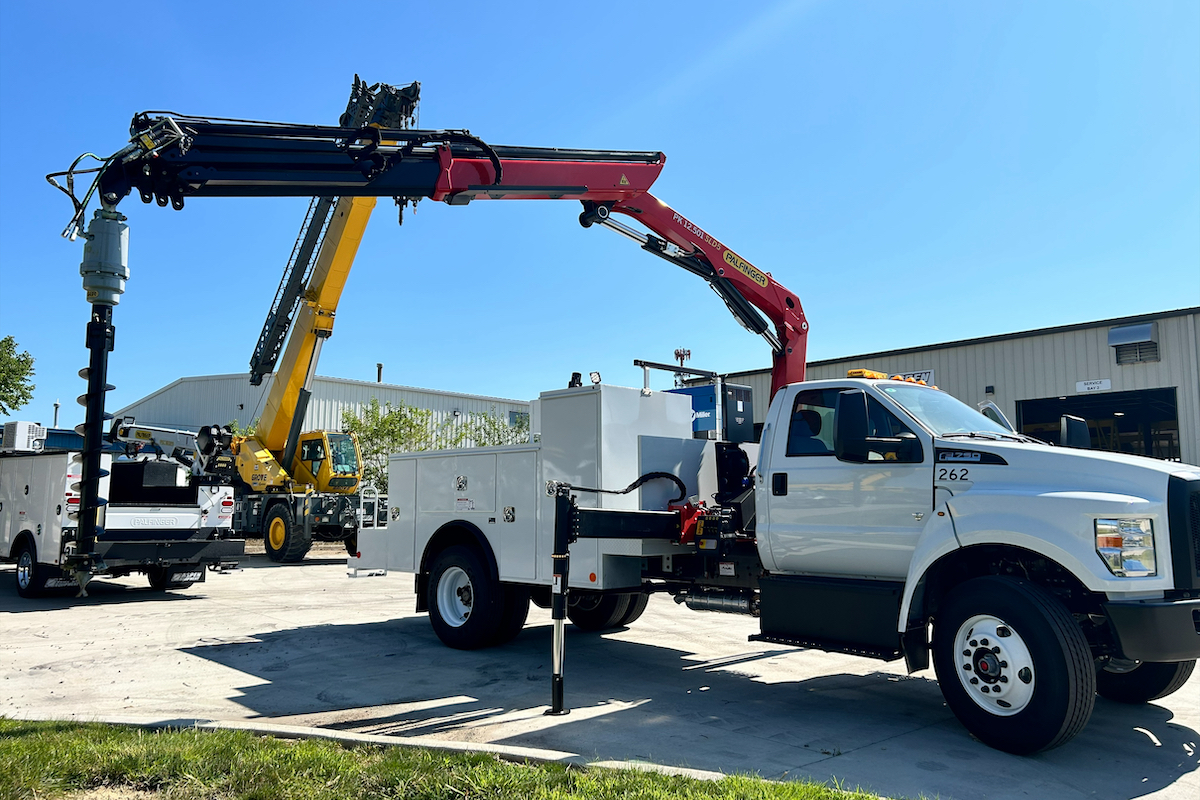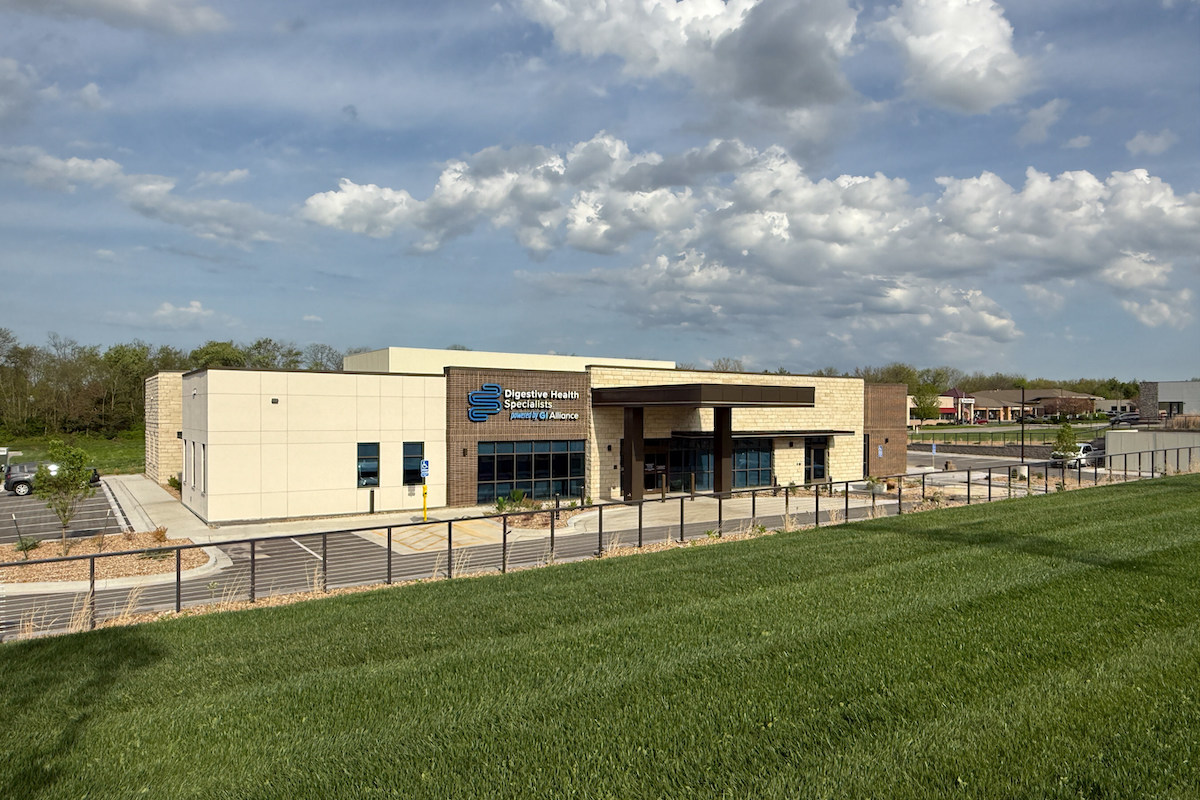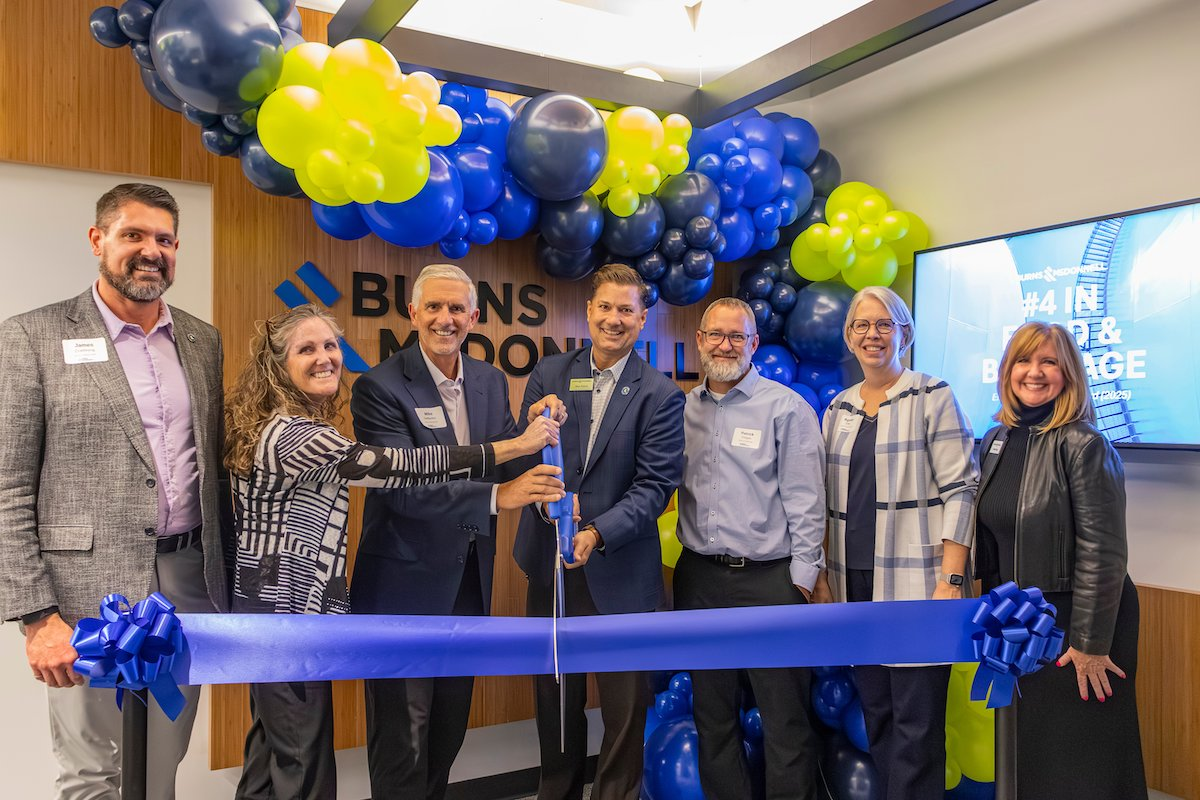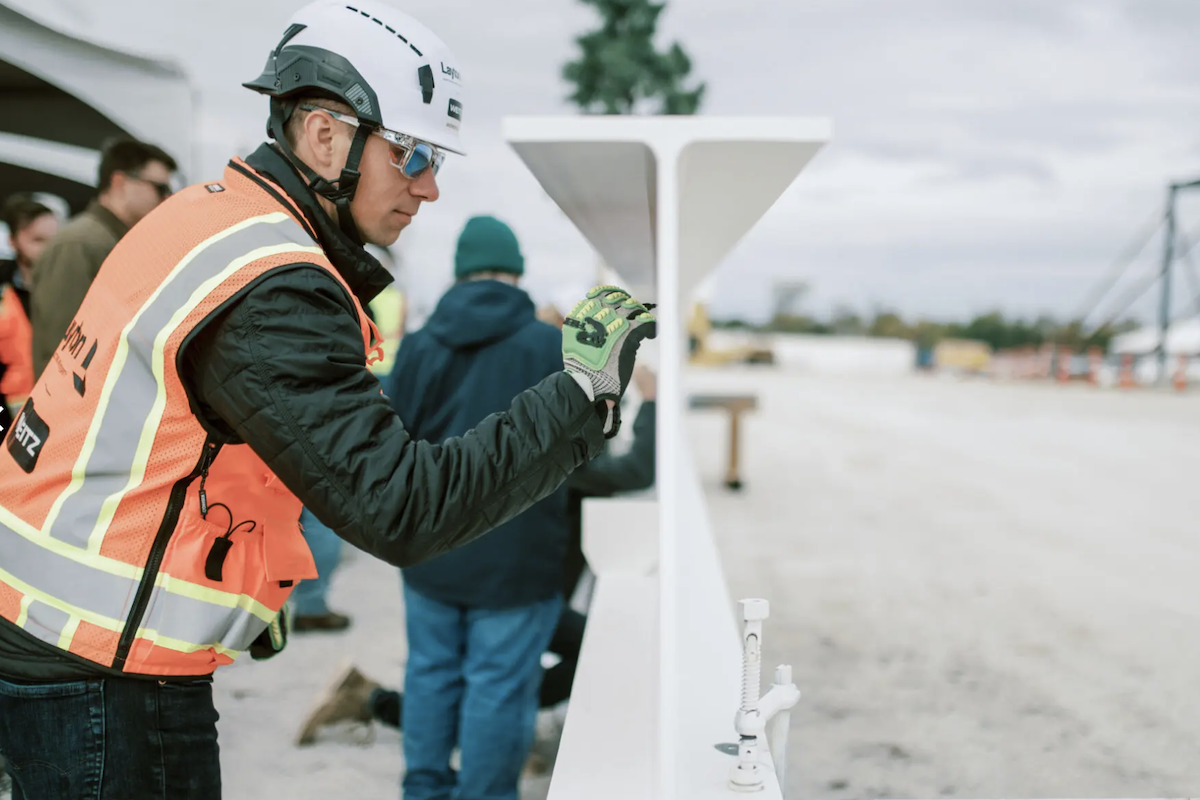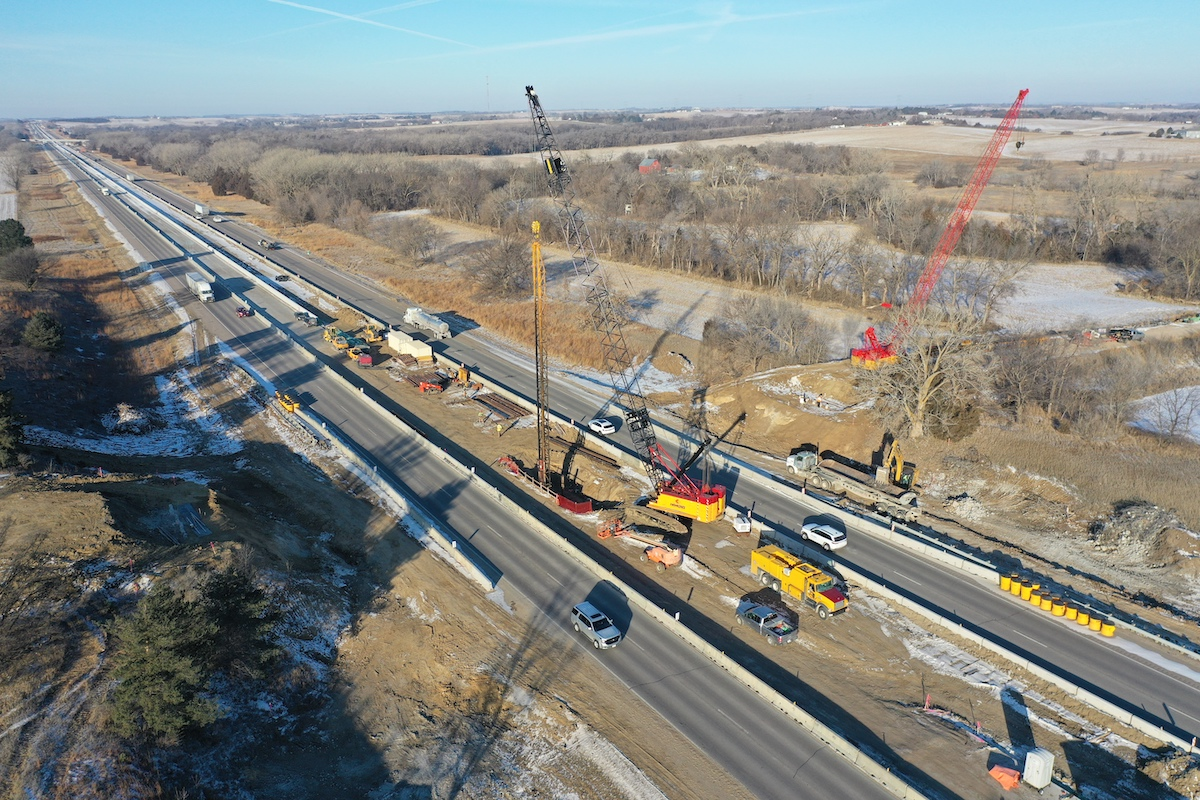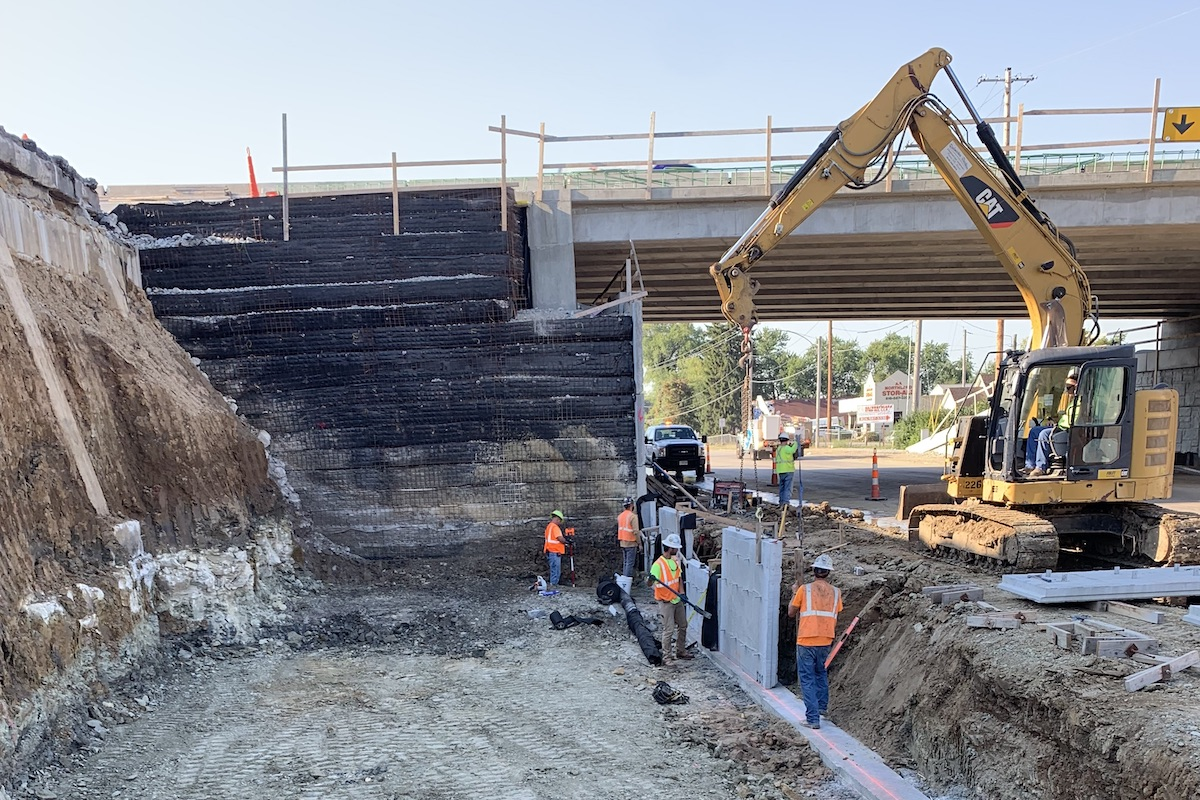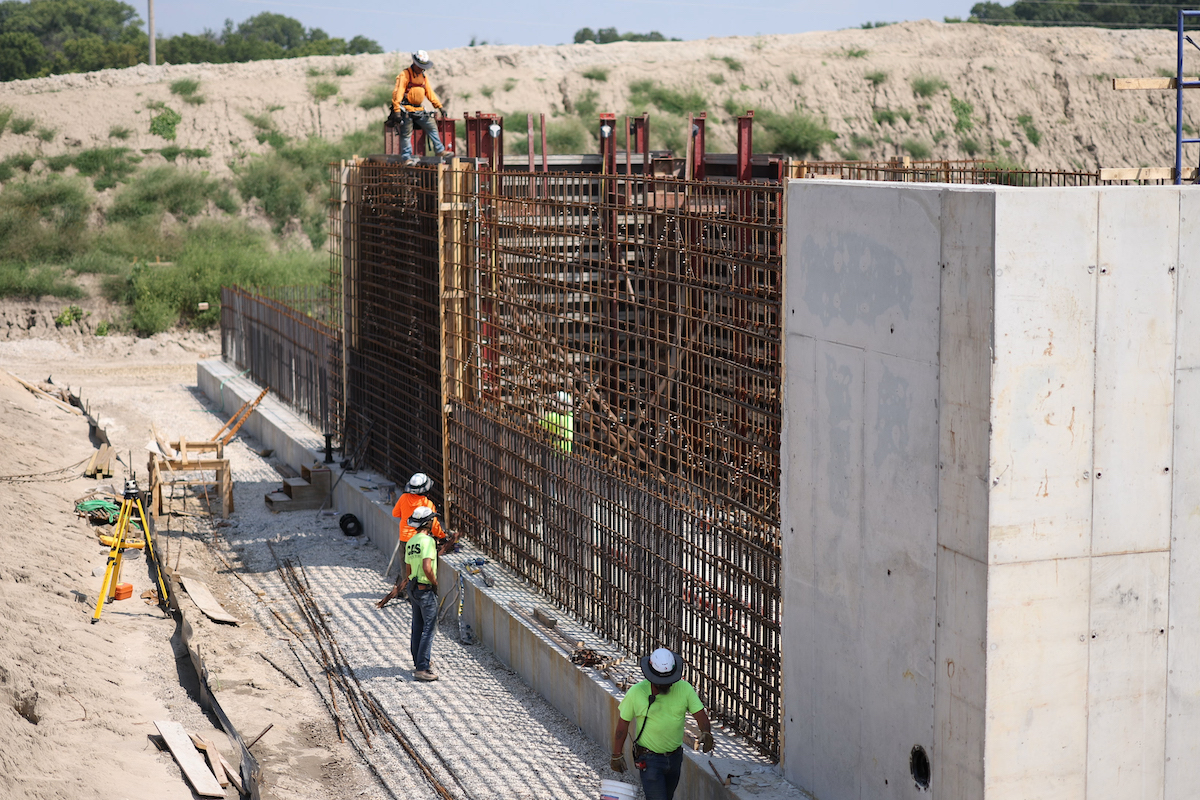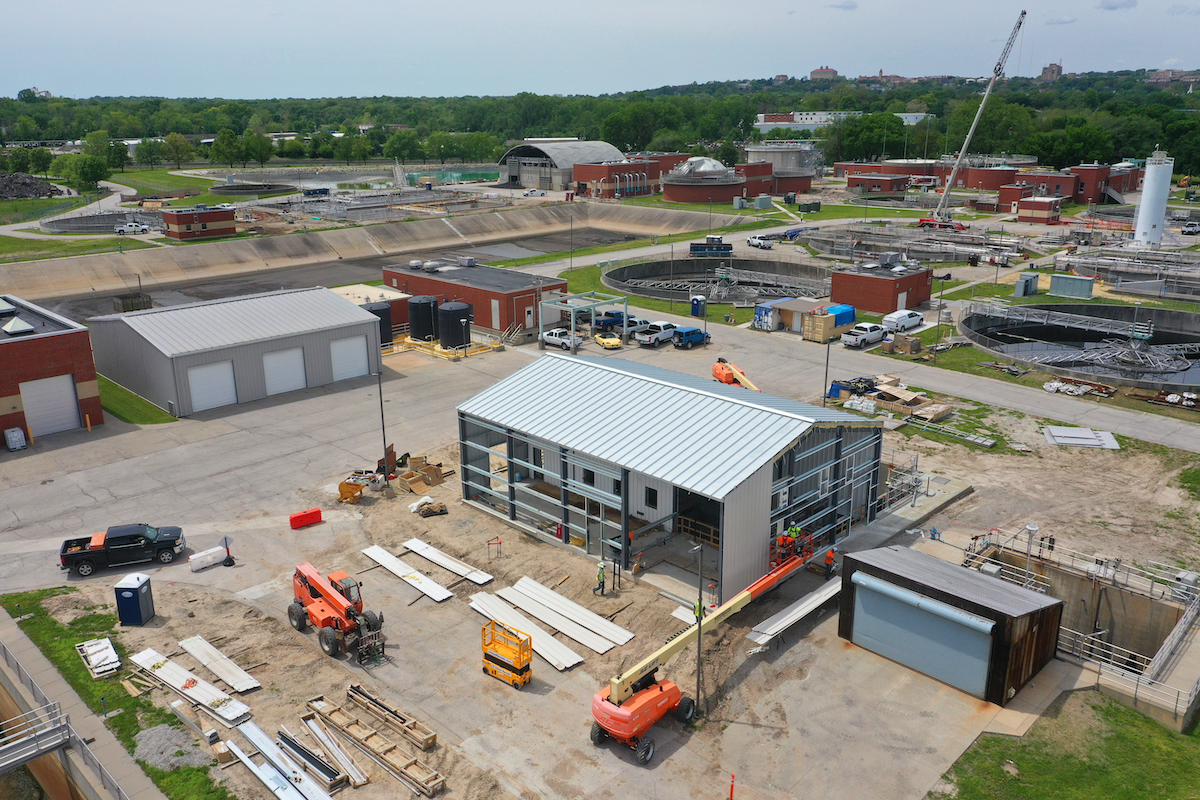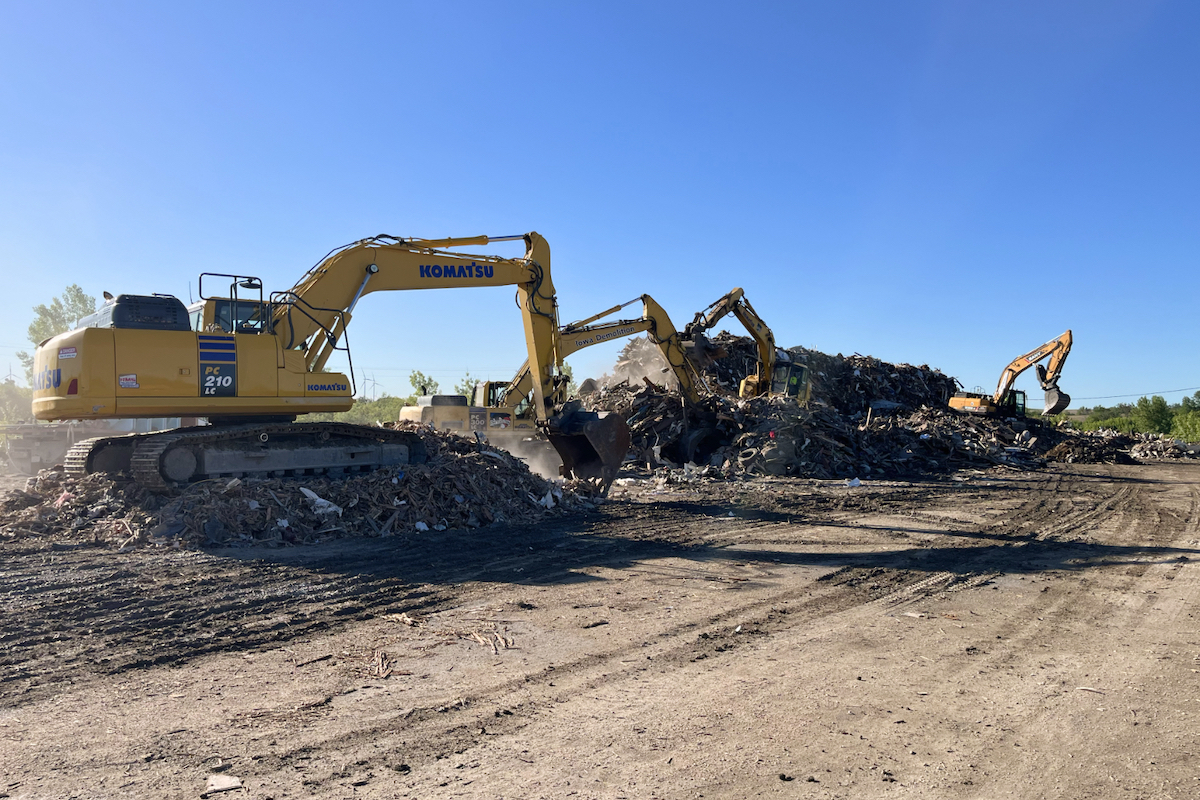While Buttigieg does not have any federal government experience, he touted the role local governments play in devising and implementing infrastructure improvements. He is also a former Navy Reserve Officer who served a tour in Afghanistan, and was a Management Consultant with McKinsey and Company.
“Mayor Buttigieg has seen firsthand how transportation improvements can benefit communities and the infrastructure challenges the nation continues to face,” said ARTBA President & CEO Dave Bauer. “We are eager to work with him to build the broad-based support necessary for a long-term federal transportation investment program that benefits all Americans.”
As a presidential candidate, Buttigieg proposed investing $1 trillion in infrastructure as a part of his “Building for a 21st Century Infrastructure Plan.” His proposal was one of the few to actively discuss specific transportation funding challenges such as Highway Trust Fund (HTF) solvency. It proposed injecting $165 billion into the HTF to maintain solvency through 2029, with the new revenue mainly derived from rolling back corporate tax cuts and related policy changes.
As mayor, Buttigieg supported increasing Indiana’s state gas tax. As a presidential candidate, he proposed a transition to a federal vehicle-miles-traveled fee to replace the fuels tax, provided individual privacy is protected.

| Your local Topcon Positioning Systems Inc dealer |
|---|
| Star Equipment LTD |
| Star Equipment LTD |
“We are going to have to graduate from the gas tax because we are going to have to graduate from gas,” he said at a February 16 candidates’ forum on infrastructure. The Las Vegas event was co-sponsored by ARTBA and billed as the first-ever to focus on the issue. President-elect Biden also participated in the event.
As mayor, Buttigieg opposed an Indiana electric vehicle registration fee. He proposed doubling U.S. DOT’s Better Utilizing Investments to Leverage Development (BUILD) discretionary grant program to $2 billion each year and he advocated for investing $50 billion to a dedicated bridge repair program. Buttigieg also suggested reducing by 50 percent the backlog of road repairs by 2030.
While Buttigieg addressed infrastructure issues in some detail during his own presidential campaign, the White House will likely set policy priorities for the new administration in this area, particularly relating to funding.
Among other important tasks, the next U.S. DOT Secretary will need to work with state departments of transportation struggling with gas tax and other revenue declines created by the COVID-19 pandemic. Congress also faces a September 30, 2021, deadline on the extension of the surface transportation law. U.S. DOT’s annual budget nears $90 billion. The department has about 55,500 employees.














